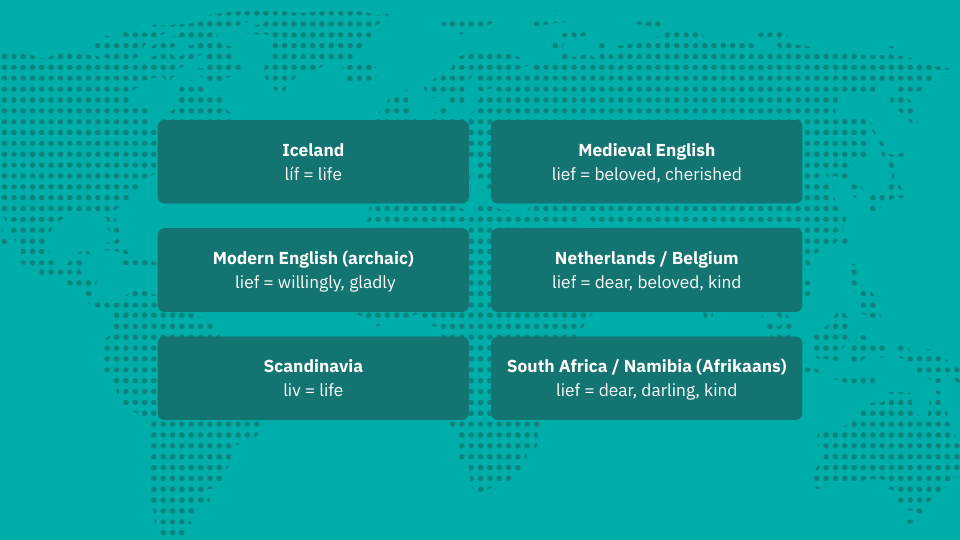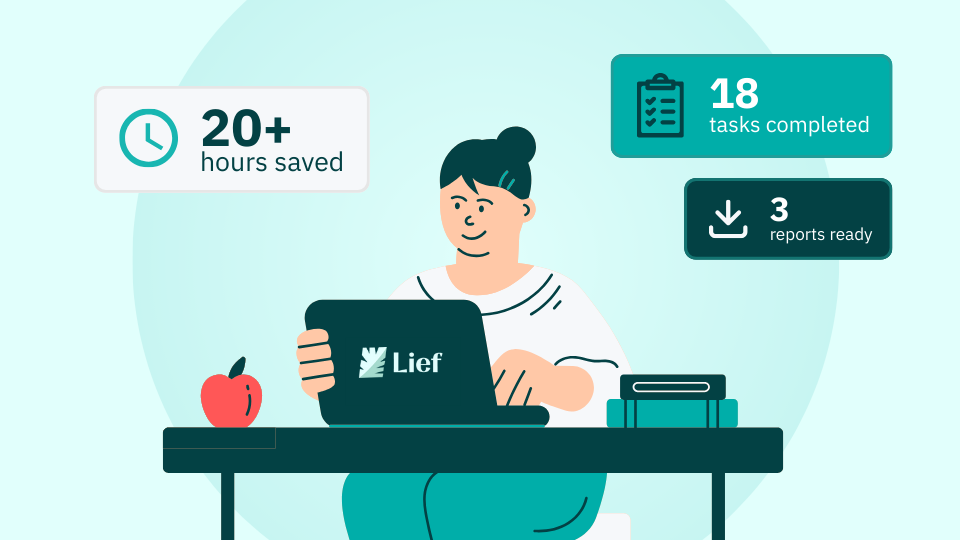1. Waiting Too Long to Report
Timing is everything when it comes to Reg 40. You’re expected to notify Ofsted as soon as possible, ideally within 24 hours. That might sound tight, especially if you’re still gathering all the facts, but delays can raise red flags.
Common mistake: Holding off on the report because you’re waiting for every last detail.
Better approach: Send what you know now and follow up later with more information if needed. Ofsted prefers a prompt heads-up rather than radio silence.
- Helpful link: GOV.UK – When and how to tell Ofsted about serious incidents
2. Not Being Clear on What Counts as “Serious”
It’s not always obvious what needs to be reported. Some homes end up over-reporting minor incidents, while others miss key issues that should have been flagged.
Reportable examples include:
- A child dies or is seriously harmed
- A child goes missing and it’s serious enough to involve the police
- Allegations of abuse or serious safeguarding concerns
- Police are called to the home because of an incident involving a child
Common mistake: Reporting every minor scrape or not reporting when police have been called out.
Tip: If you’re ever unsure, check this is handy guide to serious incidents.
- https://www.stelizabeths.org.uk/media/3787/2-guide-to-notifying-ofsted-of-a-serious-event.pdf
3. Missing Key Details in Your Report
Reg 40 reports need to be detailed and clear. Ofsted wants to know what happened, who was involved, what action you took, and who else you’ve informed (like the LADO or social worker).
Common mistake: Leaving out important bits like the home’s URN, dates, or a summary of what’s been done since.
Tip: Create a simple template your team can follow to make sure every box is ticked.
3. Faster Reporting for Inspections and Audits
Preparing for an Ofsted inspection or local authority audit can be stressful. A good management system lets you generate professional, up-to-date reports at the click of a button.
From safeguarding records to progress summaries, all key information is easily accessible. This saves time, reduces last-minute stress, and helps demonstrate your home’s commitment to best practice.
4. Not Following Up with Updates
Some incidents aren’t over in a day. For example, if there’s a safeguarding investigation, you’re expected to notify Ofsted when it starts and when it ends.
Common mistake: Sending the initial report but forgetting to update Ofsted later.
Tip: Set calendar reminders or review logs weekly so nothing slips through the cracks.
💡 Important update: If you’re simply providing more information on an incident you’ve already reported, you don’t need to submit a new Reg 40. Instead, you can send an email update directly to your inspector with the additional details.
5. Lack of Communication With Other Agencies
Reg 40 reports don’t happen in a vacuum. Ofsted needs to know which other services you’ve spoken to — social workers, the police, health professionals, or the LADO.
Common mistake: Not including this information in your report or assuming someone else has done it.
Tip: Keep a running log of who’s been informed, when, and what was said. It makes reporting much easier.
6. Reporting Every Minor Incident “Just In Case”
While it’s always better to be safe than sorry, Ofsted doesn’t need to know about every bumped knee or fall from a low bed.
Common mistake: Reporting too many everyday incidents, which can actually make it harder for Ofsted to spot real concerns.
Tip: Ask yourself, “Would I consider this serious if I was a parent hearing about it?” If not, it probably isn’t Reg 40.
7. Not Keeping Good Internal Records
You need to be able to show what you reported, when, and what action you took. Good internal record-keeping is just as important as the report itself.
Common mistake: No central log of Reg 40 reports or missing evidence of follow-up.
Tip: Set up a shared Reg 40 tracker or logbook that everyone on your team can update.
8. Not Realising Secure Homes Have Extra Requirements
If you’re working in a secure children’s home, the reporting expectations are a bit different. Things like a child absconding, serious harm, or unauthorised contact all need to be reported.
Common mistake: Assuming the same Reg 40 rules apply to all types of homes.
Tip: Make sure your team has the latest guidance tailored to secure settings.
9. Staff Not Being Trained Properly
Even experienced carers can find Reg 40 a bit confusing. If everyone’s interpretation is slightly different, that can lead to mistakes.
Common mistake: Only managers understand Reg 40, so others aren’t sure when to report.
Tip: Build Reg 40 training into your induction and refresh it annually. Go through examples as a team and talk about grey areas together.
Quick Reg 40 Readiness Checklist
Use this to keep yourself and your home on track:
✅ I know what qualifies as a serious incident
✅ I can submit a report confidently using the right form
✅ I’ve notified Ofsted within 24 hours (or sooner, if needed)
✅ I’ve included all key details (URN, names, actions taken, other agencies involved)
✅ I’ve logged the report and filed a copy in our records
✅ My team knows when and how to report too
Useful Resources
- GOV.UK – Reg 40 Reporting Guide – https://www.gov.uk/guidance/tell-ofsted-about-a-serious-incident-in-a-childrens-home-or-secure-childrens-home
- Children’s Homes Regulations – Full Legislation – https://www.legislation.gov.uk/uksi/2015/541/regulation/40
Reg 40 reporting can feel like a lot to keep on top of, especially with everything else going on in a busy children’s home. But at its core, it’s about making sure serious incidents are handled transparently and with the right support in place — for both the children involved and the staff caring for them.
Even the most experienced teams can occasionally miss a step, so having clear guidance, simple tools, and regular conversations about Reg 40 makes a real difference




